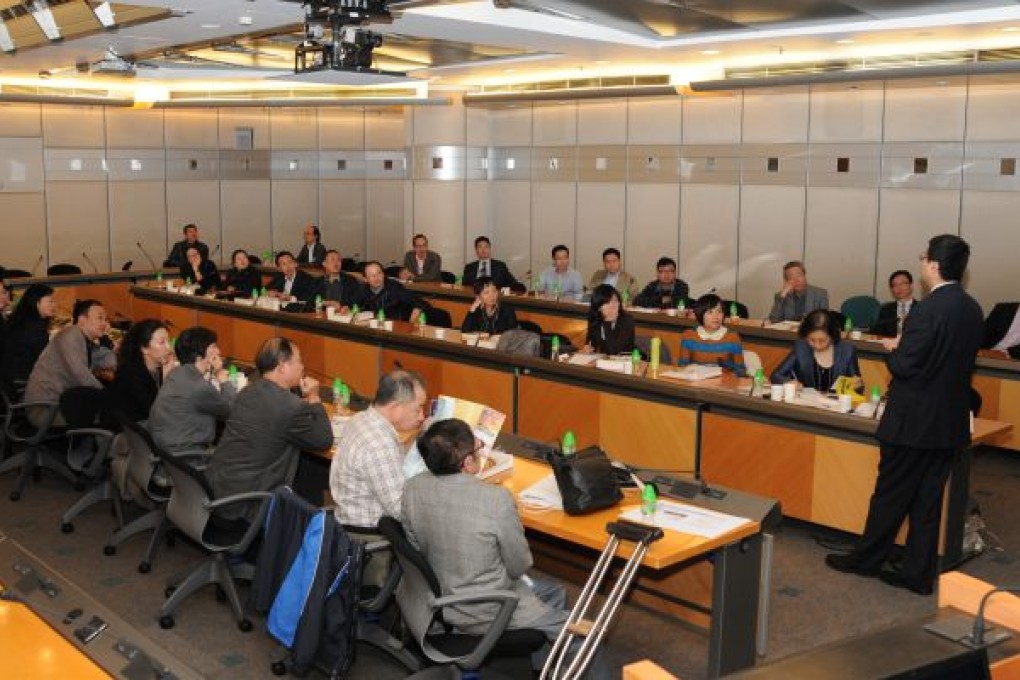CityU professor trains Chinese universities in how to teach entrepreneurship
For Professor Sun Hongyi, who teaches a highly popular course on innovation at City University (CityU), the Chinese kitchen encapsulates the strong potential – as well as some limitations – for innovation by Chinese people. Western kitchen tools…

For Professor Sun Hongyi, who teaches a highly popular course on innovation at City University (CityU), the Chinese kitchen encapsulates the strong potential – as well as some limitations – for innovation by Chinese people.
Western kitchen tools usually include a range of knives in different sizes, in contrast to the Chinese kitchen, where one cleaver is used for every purpose in cutting, pounding and crushing. While a western cook does not beat an egg without a whisk, his Chinese counterpart will use chopsticks, another all-purpose tool.
“I was shocked – there is a tool for everything,” Sun says, recalling the first time he discovered these tools in the kitchen of his Danish host family more than 20 years ago. “The Chinese thinking style is flexible, divergent and seems to show lot of creative thinking. The question is: how do we tap into this thinking style to encourage more innovation in China?”
This month academics and university administrators from more than 50 universities in China got a glimpse of Sun Hongyi's teaching methods on innovation and learn about his model for teaching entrepreneurship, known as PIPE, which stands for problems, ideas, products and enterprise.
Today, ideas are cheap. I believe it may take up to 10,000 ideas. In the end, those products and businesses that are successful are those that can solve problems
Sun Hongyi
The symposium and train-the-trainer workshop, which took place at Nanjing Audit University from June 5 to 9, focused on entrepreneurship education, for which there is fast-growing demand in China.